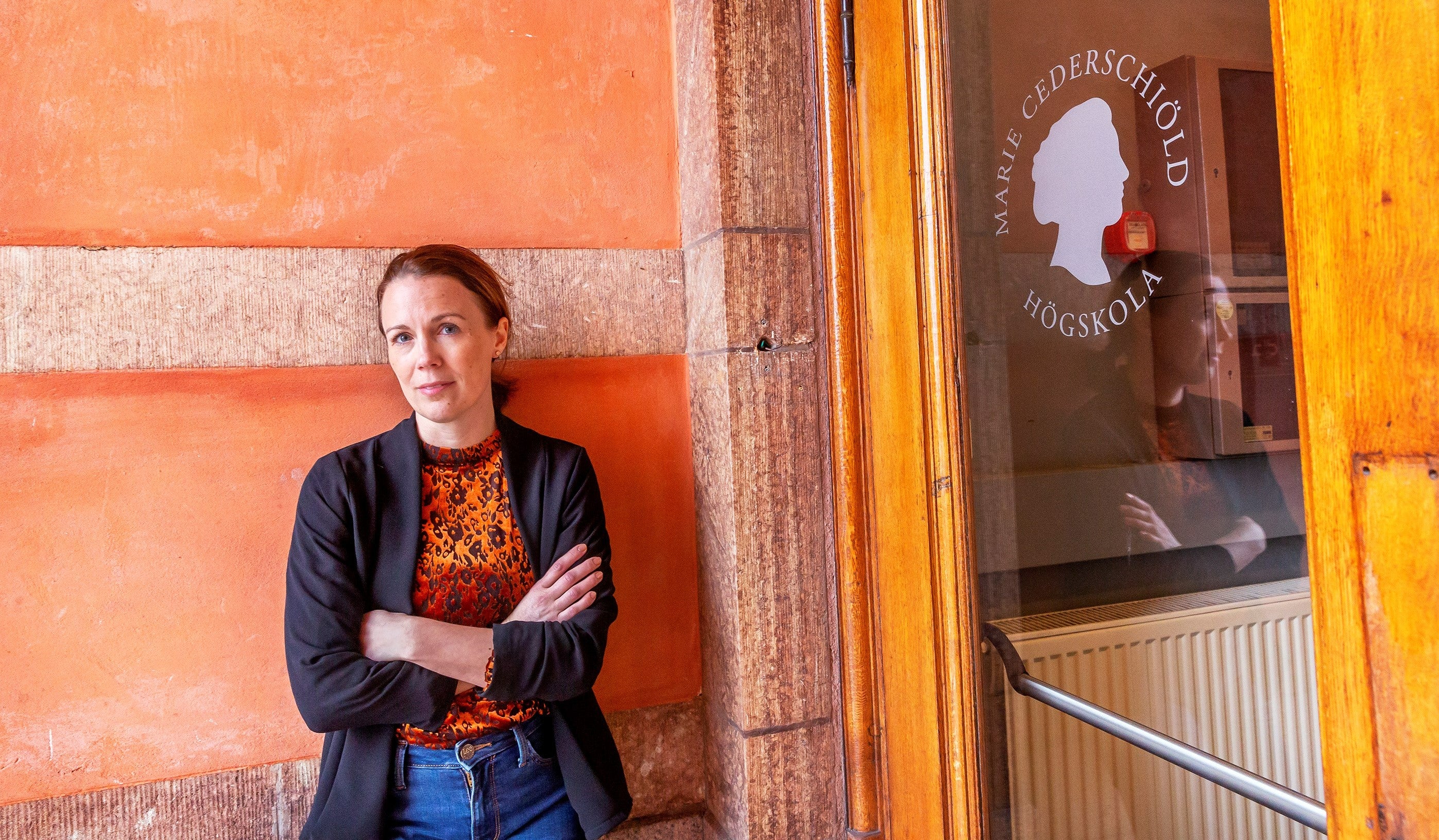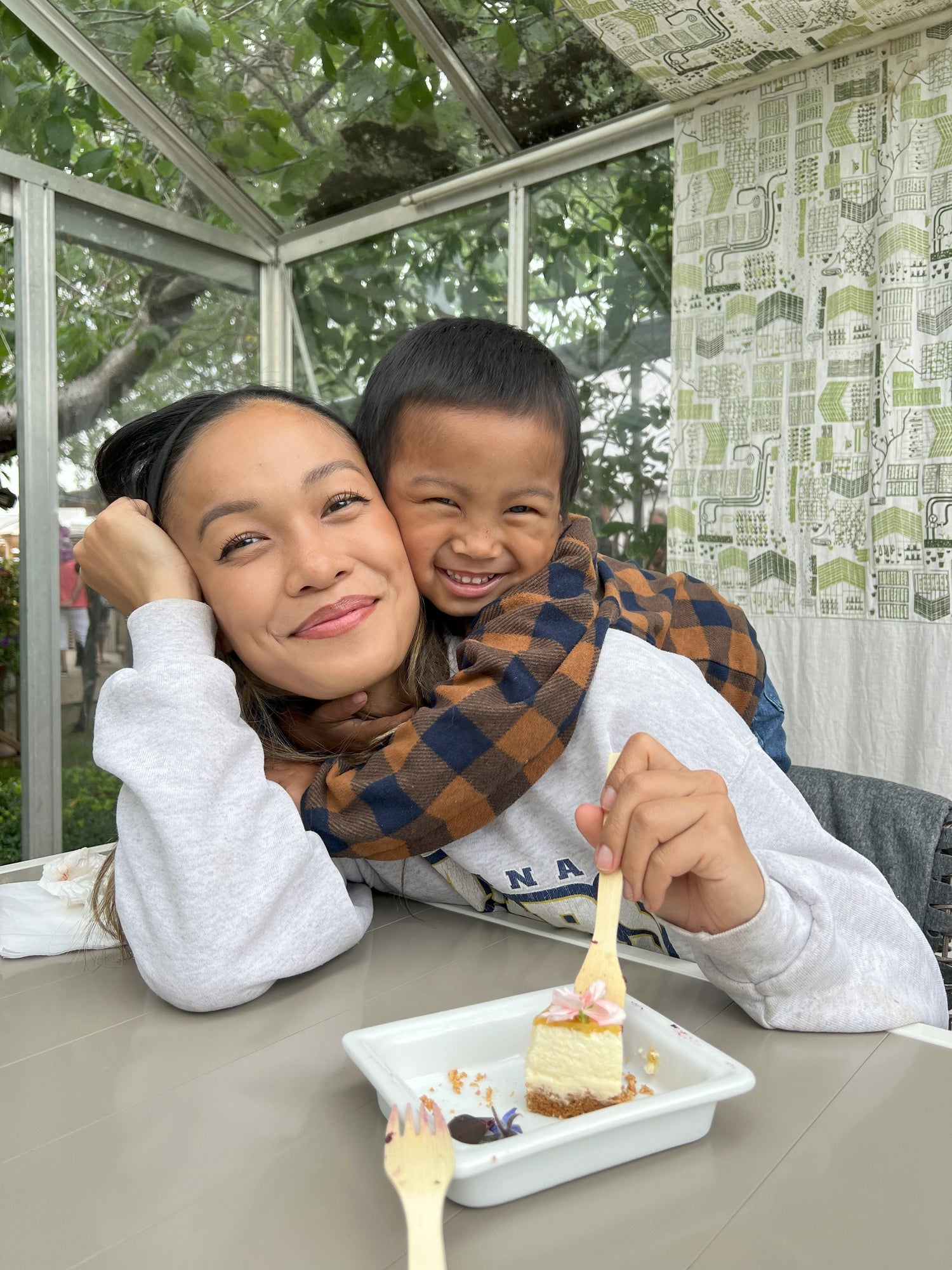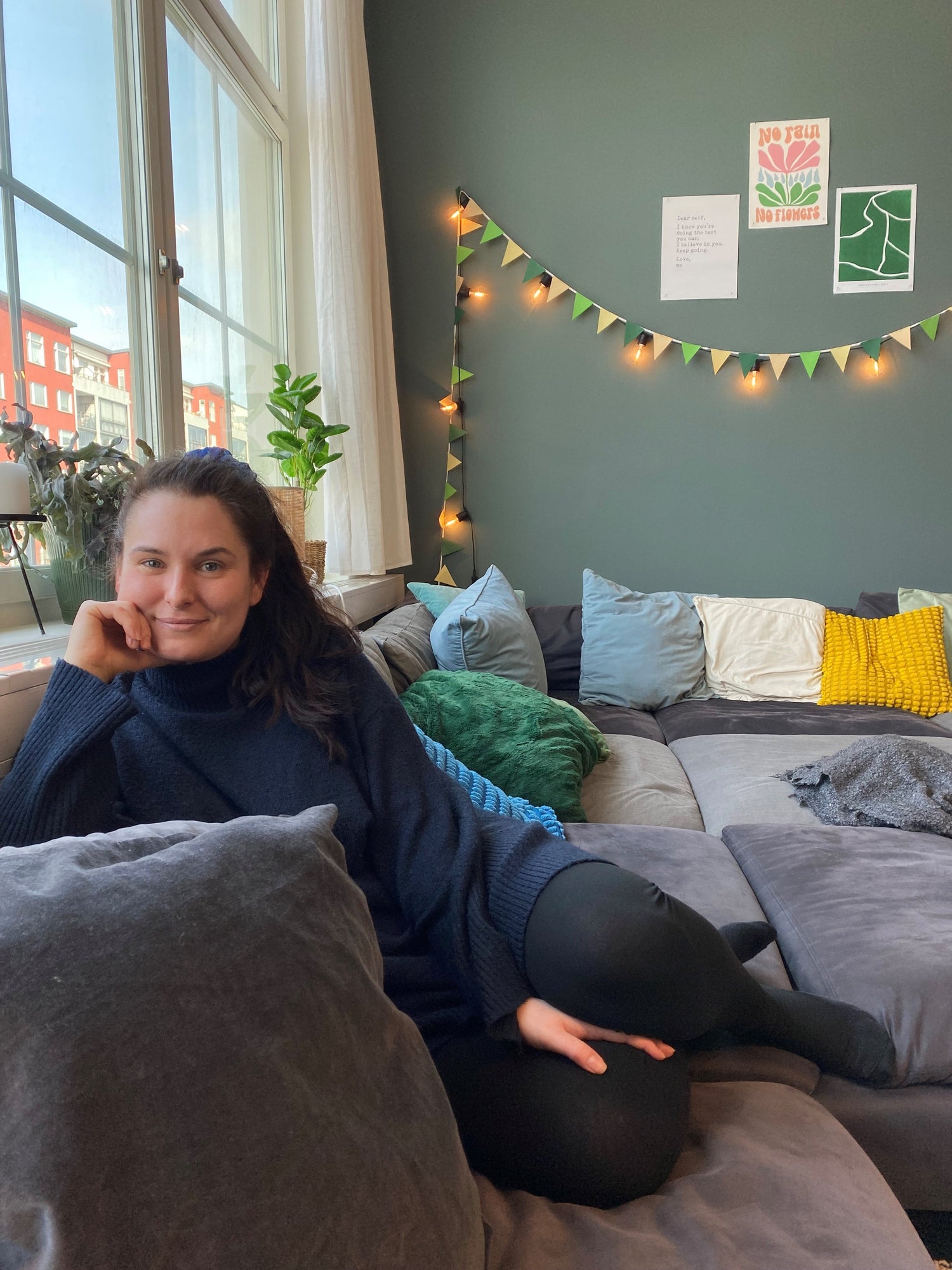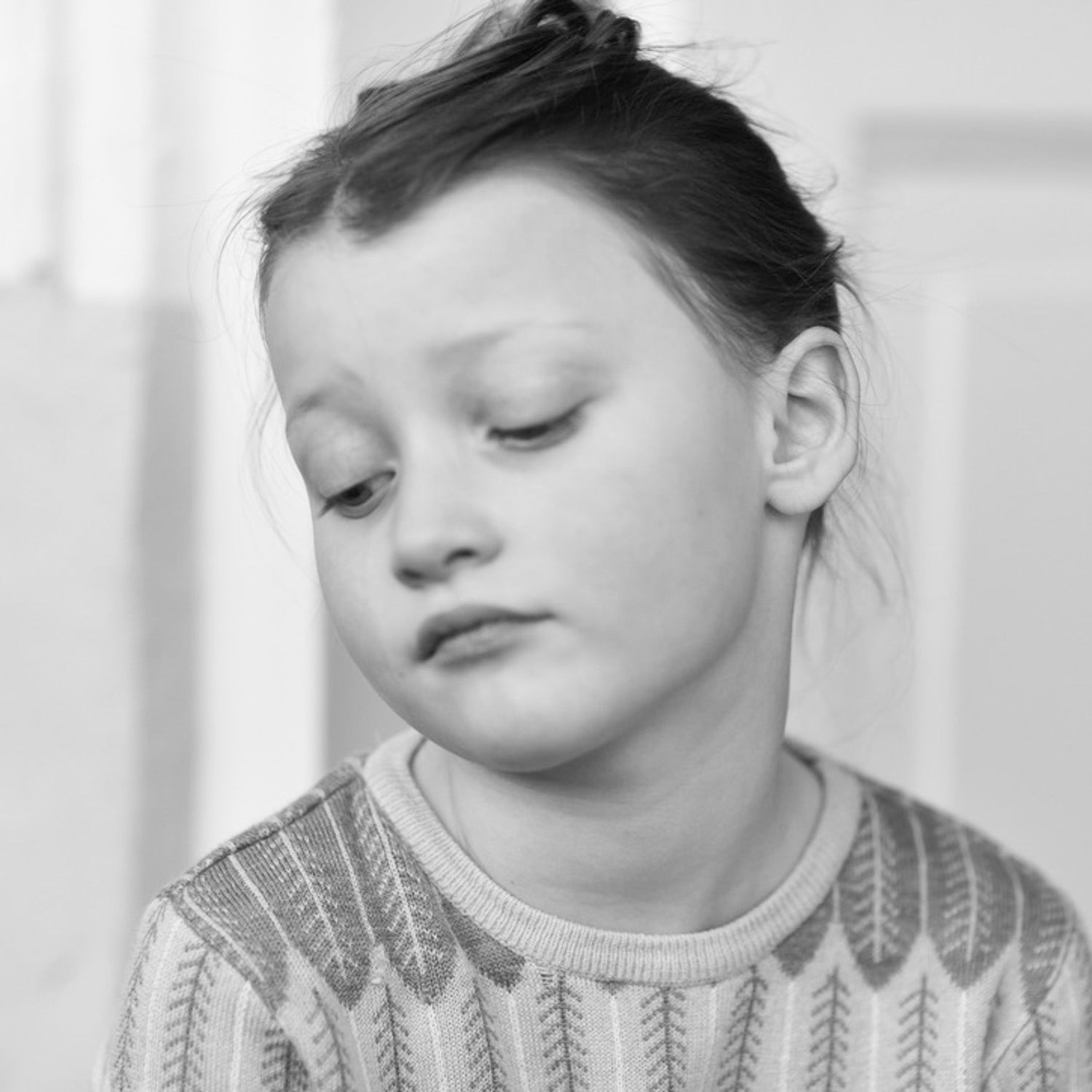To see to the needs of the whole family. The sick child always exists in a context and therefore it is important to consider the context in order to support the child. For the sick child, it can be difficult to have parents and siblings who are often sad and burdened with responsibility. Be open and curious and take your own initiative to support the whole family. It could be being with the sick child for a day so that parents and siblings can do something else, it could also be cooking, taking healthy siblings to leisure activities or helping with something the family needs. By being open and responsive to both children's and parents' needs for support, as well as capturing the initiatives children themselves take to talk, you will contribute. Stay tuned and be available. The family will not ask for support, you need to take your own initiative to be there, this applies to both children and adults.

Interview with Professor Malin Lövgren who studies how one supports families with severe illness
Sofia Wigen NeyeWould you like to tell us a little about yourself and the project?
I am a researcher (professor) and study how we can support families with severe illness where children are involved, either sick children (and their siblings) or children of sick parents. I work at Marie Cederschiöld University and Astrid Lindgren's Children's Hospital. Next year it will be 20 years since I started research and it feels fantastic to have the opportunity to devote my professional life to this. All my research specifically concerns families with children, some projects are about evaluating support when the child or parent is ill and some parts are about grief. I am involved in various research projects but am currently leading a large research program with several projects (see: https://www.mchs.se/forskning/forskningsprogram/fti---the-family-talk-intervention.html) That research program includes a support intervention with the goal of facilitating communication within the family about things that are difficult to talk about (e.g. prognosis), support parenting and make the children's needs visible (sick as well as healthy). We implement this support method within a range of care contexts; in children's hospitals, children's hospices and in cancer care and palliative care for adults who have children or young people at home. The goal is to develop evidence-based support methods for these families, as there are few such. The good thing about this method of support is that it involves everyone in the family. In this way, family cohesion is strengthened and everyone's voices are heard. The family gains greater understanding of each other's feelings and reactions.
Severely ill children must have a lot of difficult feelings within them, and perhaps also many questions. How do you best meet a child who is in a difficult situation?
With curiosity and interest! Important to think about is not to go in with the notion that sick children have difficult feelings inside them and many questions - it doesn't have to be that way. In health care, it is the sick child who is at the center, which means that he often gets the attention and care he needs. There are several ways to communicate with children (sick and healthy close children), e.g. through image support and drawing and telling stories. To get children talking, you can also do something while talking, go for a walk, ride in a car or if the child is younger give them some "talk clay" or crafts, paper and pencil. Important to talk to children in her/his way, use the words they use and try to see the world through their eyes. You also need to oscillate between talking about ordinary things and talking about slightly more difficult things. It is not possible to only focus on what is difficult. Talking about what works well for the child can, for example, strengthen her/him so that she has the strength to deal with what is difficult. At the same time, one should not back down to take up difficult subjects. Research shows that children are usually the initiators of talking about what is difficult. Then we adults have to pick it up and ask further. Children should not have to keep difficult things inside (such as thoughts of death), neither sick nor healthy. Adults need to be responsive. This applies to all adults, those who work in healthcare and adults around the family, neighbours, teachers, leisure leaders, etc. It is important to remember as an adult that we do not have to sit inside with answers to all the questions that children have. We can say that we don't know (e.g. what happens after death if that's what the child is thinking about) and instead bounce the question back to the child - what does he think happens after death. In this way, the child gets the opportunity to say what is on his mind. Be curious and ask follow-up questions. It becomes extremely painful for children to have to hold back their thoughts for the sake of the adult world, because they don't think we adults can bear to hear. We must signal that we can bear to hear and that we are interested.
What do you hope will be the outcome of the project?
We wish to find a support method/support program that helps all family members to be able to talk about what is difficult, such as e.g. prognosis and conflicts within the family, but also support parenthood and make the children's needs visible (sick children and siblings). It is challenging to be the parent of a child who is seriously ill or to be seriously ill yourself and have younger children. Making the children's needs visible is very important for all parties. Sometimes healthy children are forgotten, which can cause mental illness in the long run. We hope that our research on this support program can become a method that clinicians can use in their daily work.
Finally, if you have a sick child in your vicinity, what advice would you give?




